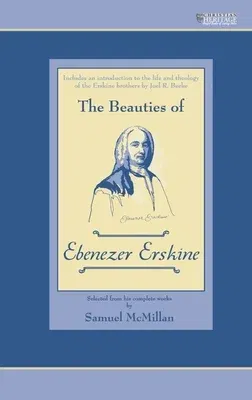Ebenezer and Ralph Erskine were preachers in the 18th century who saw
thousands revived and reformed under their ministry. Born at the end of
the 17th century, their lives were disrupted by their father Henry's
refusal to distance himself from the Covenanters. He was imprisoned for
daring to continue his ministry.
Poor health led to Henry's sentence being commuted to exile in England,
enabling him to continue to preach in the border counties. It was here
that God used him to bring a young Thomas Boston to faith.
Both Ralph and Ebenezer were ordained into the Church of Scotland but
Ebenezer was only converted after he was ordained. The difference in the
effect of his sermons was remarkable. Thousands flocked to hear him from
as far as sixty miles away. When he later ministered in Stirling the
whole town was affected.
Erskine also continued to be at the centre of debates within the church.
He was formally rebuked by the General Assembly over the 'Marrow'
controversy in 1722 and suspended from office over the issue of
'Patronage' in 1732. Ebenezer and three other suspended ministers formed
the Associated Presbytery and continued to fight for reform within the
Church of Scotland.
Arguments continued, first with George Whitefield (an affair that
started with misunderstanding, escalated to intemperate language and was
later reconciled) and later within the fledgling denomination over
whether or not it was permissible to take an oath.
Despite these diversions Ebenezer's influence on the theological
landscape of Scotland was deep. He was a great user of illustrations in
his sermons, a pioneer even. He also radiated a warm, experiential,
Christ-centred Christianity that was as true of his words as of his
life.

